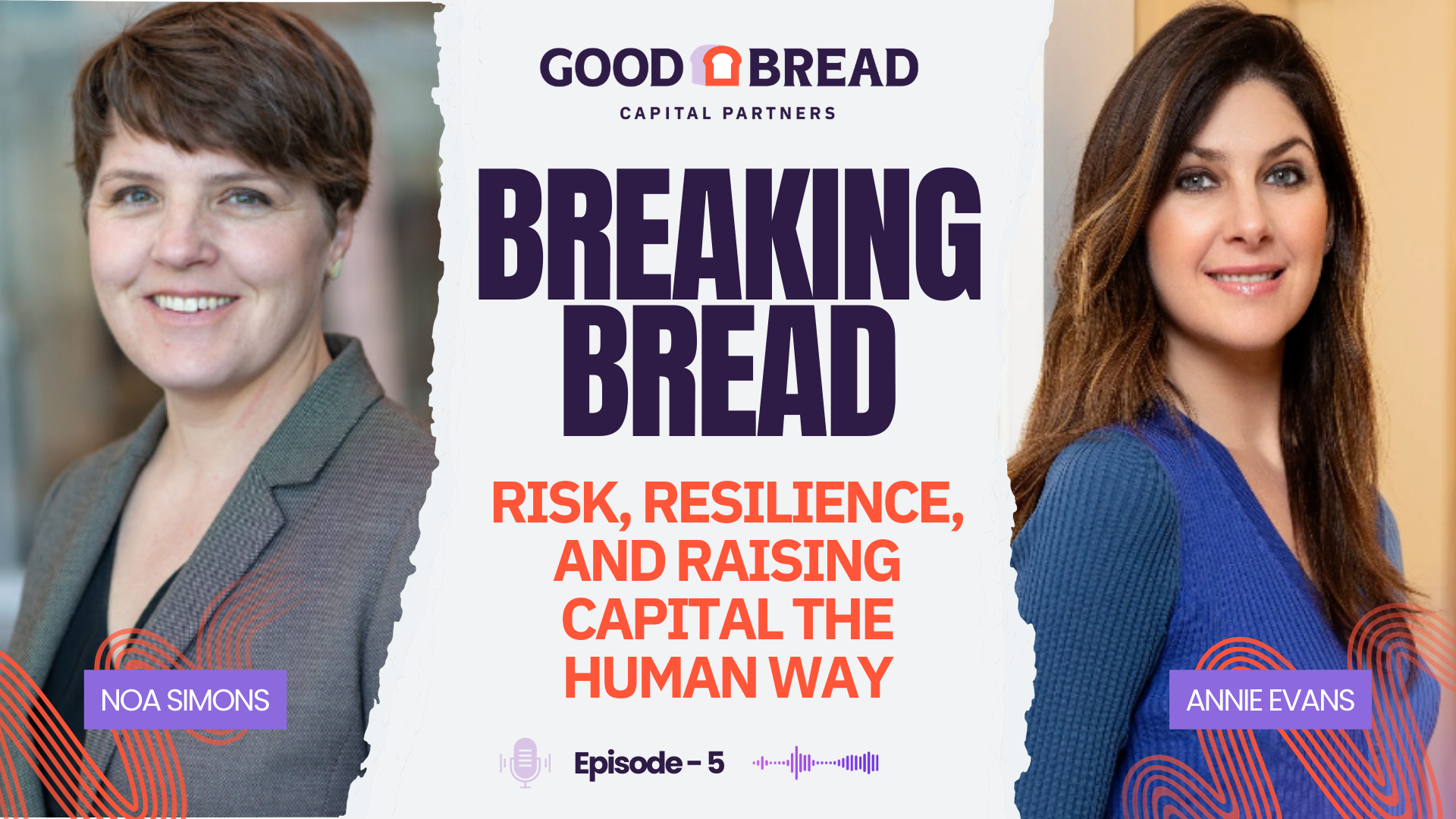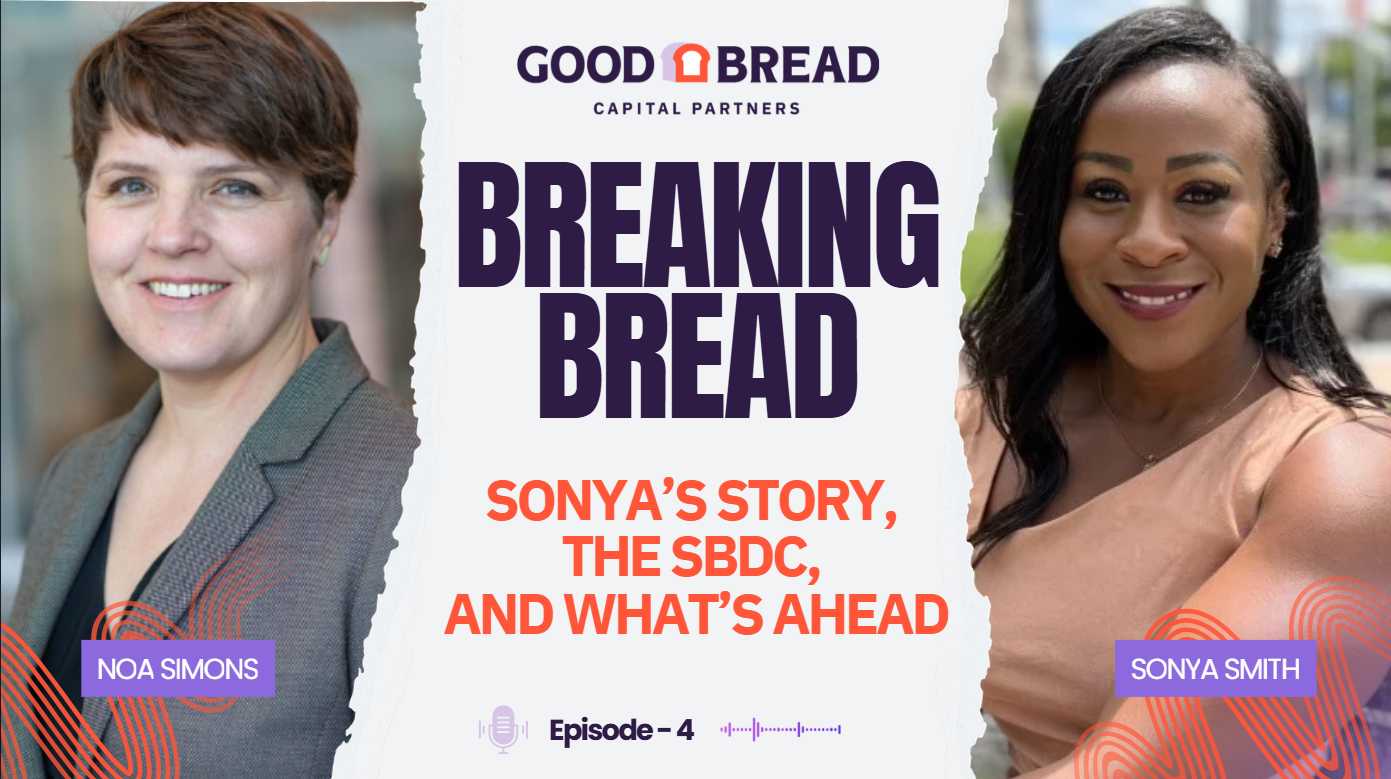When I was working through growth planning with my business partner over a decade ago for our manufacturing company, I remember staring at my laptop screen at 2 AM, trying to figure out how to fund growth. Sales were great for running the business, and we were making a small profit most months, but we weren’t generating enough profit to invest in meaningful growth.
Should we take out a loan? Look for angel investors? Apply for grants? The options felt overwhelming, and frankly, I wasn't sure which path would be right.
If you're in a similar position, you're not alone. Choosing the right funding source(s) is one of the most critical decisions you'll make as a business owner, and can significantly impact your company's future. Let me walk you through what I've learned so far about the three main types of small business funding: debt, equity, and grants.
Big picture: The assumption is that you will almost always need to pay other people for the use of their money for your business goals. Are you comfortable with that? How much is fair to pay? What are the tradeoffs and pitfalls? These are questions to consider when evaluating your options.
What’s in this recipe:
Understanding Three Funding Options
To start, let’s clarify what each funding type means:
Debt financing involves borrowing money that you’ll need to repay, nearly always with interest and fees. Think business loans, lines of credit, or SBA loans. The main difference between a grant and a loan is repayment. A loan requires you to repay the money you borrow, whereas a grant does not.
Equity financing means selling shares, or future shares, in your business to investors in exchange for capital. Unlike traditional loans, you don’t generally repay the funds you receive from equity investors. Instead, the investors get a percentage of ownership in your company, earning them a share of profits as your business grows (dividends) and/or a big payout when you sell the business.
Grant funding is essentially free money. A grant offers a sum of money that does not have to be repaid, unlike a loan. Since grants are essentially free money, they have little downside. However, grants are typically very competitive and available sporadically. This translates to high “opportunity costs” for business owners. You can spend a lot of time trying to find the right grant for you, but discover that either no grants exist, you’ve missed the opportunity, or you don’t fit into the grantor’s target market.
Should You Apply for a Business Loan or Seek to Sell Equity?
This is probably the question I get asked most often after “can I get a grant to fund my business?” and there’s no one-size-fits-all answer. The choice depends on your specific situation, but here’s how I typically think about it:
Explore business loans when:
→ You have enough cash flow to make payments
→ You’re confident in your ability to repay the debt
→ You need funding for specific, revenue-generating activities
→ You don’t want co-owners who may wish to have some say in the decisions you make*
*Caveat: most loans come with lots of strings attached, and depending on your legal documents, can give lenders a lot more power than equity owners!
Consider pursuing equity financing when:
→ You need significant capital that would be difficult to repay quickly
→ You want strategic guidance and mentorship from experienced investors
→ Your business has high growth potential, but uncertain cash flow
→ You’re willing to share profits long-term

What Capital has the Lowest Costs?
Grants are great if you can get them and it doesn’t take too much of your time. However, for the majority of borrowers, debt vs. equity is the question. The general statement — “debt is typically cheaper than equity” — is often true in textbook finance, but it breaks down in predatory lending scenarios, especially for small businesses.
I’ll break it down:
What’s true about that statement
Debt typically costs less than equity when rates and fees are reasonable because you’re only obligated to repay principal, fees + interest. Plus you don’t give up ownership, so future profits remain yours.
Equity often means giving up a portion of your business forever, and investors usually expect higher returns, which can be more expensive in the long run.
Where it falls apart for predatory small business loans
In predatory lending, “debt” can be functionally more expensive and riskier than equity:
Issue Predatory Debt Impact High APR Some small business loans have effective APRs of 50%–350%. Short Terms Many are due in less than 6 months, leaving no room for slow growth or cash flow variability. Confusing Terms Factor rates (e.g. 1.5x payback) hide actual cost; borrowers often misunderstand the real APR. Cash Flow Strain Daily/weekly ACH payments can choke working capital and lead to a debt spiral. No Equity Cushion If the business struggles, there’s no shared risk — the borrower shoulders all the downside.
When equity might be better for small businesses:
- If you’re growing slowly or still proving your model
- If you need breathing room and want a partner in growth
- If your business could scale significantly with the right support
- If you don’t qualify for healthy, affordable debt
My point of view
While debt can be cheaper than equity when it’s fair and sustainable, predatory loans flip that on its head. High-cost, short-term debt can drain your business faster than giving up a share of ownership. At GoodBread, we believe in loans built on trust, designed for your business to grow — not just survive the next payment cycle.
Free Lunch? No Such Thing, But...
You could get a free lunch (and some great advice) for sharing your experience as a small business owner.
GoodBread is building better financing solutions, and we want to hear directly from potential customers. We’re looking to connect with business owners who:
✓ Are generating at least $50,000 in annual revenue
✓ Have fewer than 20 employees or contractors
✓ Have a growth mindset and clear business goals
Answer a few quick questions. We’ll be in touch to schedule a time to talk.
This is not a loan application, not a sales pitch, and there is no obligation. Just an honest conversation to help shape something better — and lunch is on us.
→ Ready to move forward with a loan? Start your loan application today!

